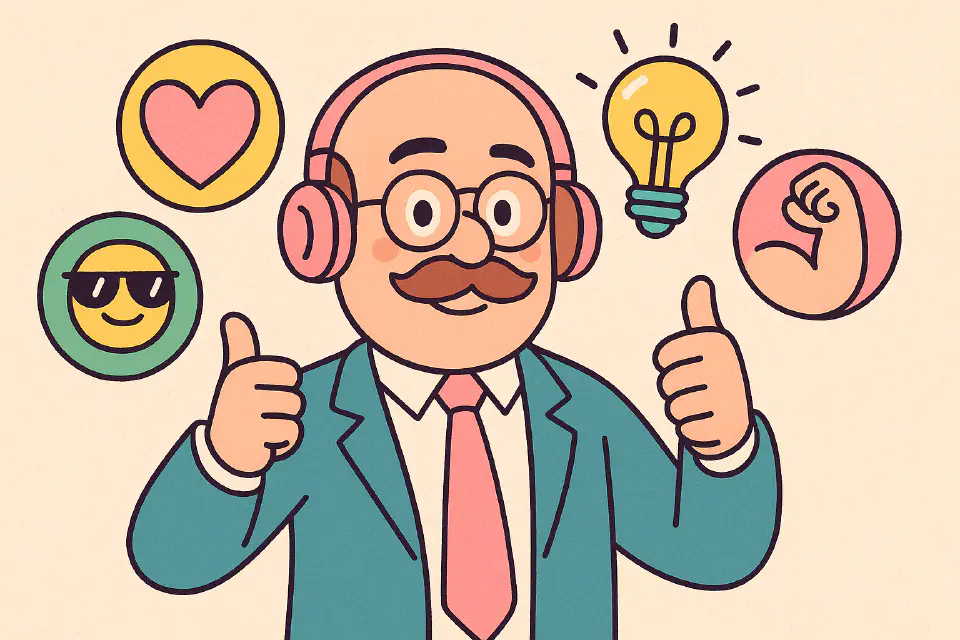
Soft Skills & Behavioral Competencies
Soft skills aren’t soft at all—they’re essential. In HR, how you show up, listen, empathize, and adapt can define your entire impact.
In a world of automation and algorithms, human connection is still at the heart of Human Resources. That’s why soft skills and behavioral competencies are not just nice-to-haves in HR — they are non-negotiable.
What Are Soft Skills in HR?
In HR, soft skills show up in every interaction:
- Listening to an employee struggling at work
- Coaching a manager through a difficult conversation
- Facilitating feedback in a high-pressure moment
- Advocating for fairness in leadership decisions
These moments aren’t governed by checklists. They require emotional intelligence, adaptability, and courage.
Key Behavioral Competencies in HR
These are the most valued behavioral strengths in the modern HR profession:
1. Emotional Intelligence (EQ)
Includes:
- Self-awareness and self-regulation
- Empathy and perspective-taking
- Navigating emotions — your own and others’
2. Adaptability
HR is constantly responding to change — new laws, new leaders, new expectations.
Great HR professionals:
- Stay calm during uncertainty
- Adjust style to suit context
- Learn and iterate without resistance
3. Integrity and Trustworthiness
HR handles sensitive and sometimes controversial topics. Trust is built through:
- Confidentiality and discretion
- Speaking truth to power (respectfully)
- Following through on commitments
This isn’t about perfection. It’s about consistency, courage, and clarity.
4. Influencing Without Authority
HR often operates laterally — not through command, but persuasion.
This includes:
- Active listening and reframing
- Tailoring communication for impact
- Knowing when to step in, and when to step back
5. Resilience
This means:
- Bouncing back from conflict or failure
- Staying grounded in the face of resistance
- Supporting others without burning out
Resilient HR professionals are like shock absorbers — steady, responsive, and supportive under pressure.
The Role of Self-Awareness
At the core of all behavioral competency is self-awareness:
- How do you come across to others?
- What are your triggers?
- How do your emotions affect your decisions?
Without reflection, soft skills don’t grow — they stagnate.
Developing Behavioral Strengths
Unlike technical skills, soft skills require:
- Practice, not just theory
- Feedback, not just self-assessment
- Time, not just training
Strategies include:
- Peer coaching and feedback loops
- Role-play and scenario training
- Mindfulness and journaling
- 360° reviews
Why They Matter
In HR, you’re not just delivering a service — you’re shaping culture, building trust, and modeling leadership.
People will forget what you said. They will remember how you made them feel.
The soft stuff?
It’s the hard stuff.